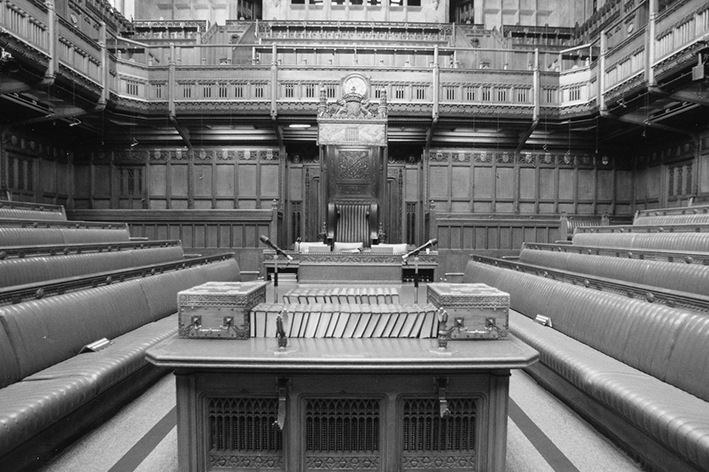The British Parliament has passed legislation allowing people who entered the UK illegally to return to Rwanda. Debated since the 2019 mandate of Boris Johnson, who handed over the baton to Liz Truss, the law then fell into the hands of Rishi Sunak, the current British Prime Minister, who intends, according to his argument, to put an end to dangerous Channel crossings by thousands of people. The fact remains that this text contradicts certain rules prescribed by international law and the European Convention on Human Rights (ECHR).
Text already approved by the judge
In November 2023, the British Supreme Court declared the bill contrary to international conventions, as it would violate the principle of non-refoulement of asylum seekers, established in Article 33 of the 1951 Convention Relating to the Status of Refugees. According to the judges, there was a risk that people returned to Rwanda would be returned to a country where their lives and their freedom would be threatened.
The European Court of Human Rights itself suspended the transfer of an Iraqi to Rwanda in June 2022, planned as part of an agreement between the United Kingdom and the East African country. The court expected guarantees regarding fair access to justice in Rwanda and also requested that the country be considered safe, a condition for a person to be expelled, again in accordance with Article 33 of the 1951 Convention, which clarifies that each state draws up its list of safe countries of origin to which it can return people. It should be noted, however, that there is no “global list” of safe countries. In France, the French Office for the Protection of Refugees and Stateless Persons (Ofpra), the authority that processes asylum applications, compiles this list, in accordance with article L121-13 of the law on the entry and stay of foreigners in asylum.
A choice to circumvent international law
The British government has already made it clear that it will ignore the decisions of the courts, whether national or European. Through this law which has just been passed and which ratifies the transfer agreement with Rwanda, the United Kingdom unilaterally considers this country safe. In doing so, the British legislator offers a solution to the main point of the British Supreme Court.
In view of this, the wording of Article 33 of the 1951 Convention, which prohibits sending a person to a country where they fear for their safety, leaves a certain margin of appreciation to British judges and legislators. Unlike France, the United Kingdom is not subject to harmonization by the Court of Justice of the European Union in matters of asylum.
A British national judge will therefore not be able to oppose the application of this law considering that Rwanda is not a safe country. But the ECtHR will be able to condemn the United Kingdom, which is still a member of the European Convention on Human Rights, if it is shown before it that Rwanda is not a safe country and that, despite this, the United Kingdom continues with his transfers. Many appeals in perspective.
Error in this content? Would you like to submit information for verification? Let us know using our online form. Find our corrections and information submission policy on the Our Method page.




